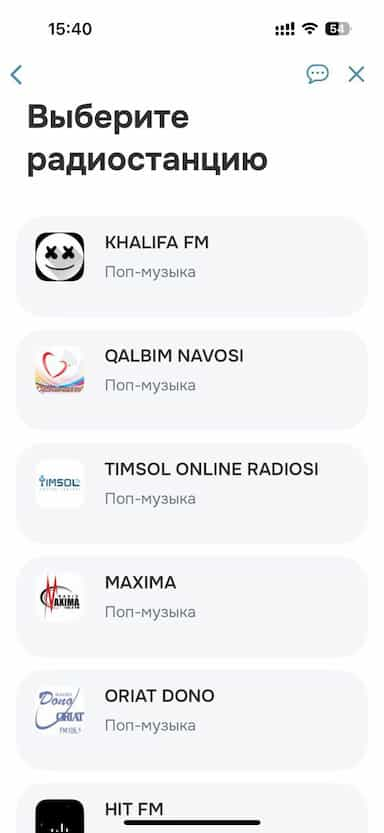Every year scammers invent new schemes, and being unaware of basic security rules increases your risk of losing your savings.
We are continuing our series of articles on financial literacy for migrants, supported by our trusted partner, Migrant.uz.
In this article, we'll discuss simple yet crucial rules for handling cash and electronic money, explain how to protect your funds when using bank cards and e-wallets, and describe the most common scams targeting migrants in Russia.
Basic money safety rules
💸 Cash Handling
• Don't keep all your money in one place.
• Use secure storage methods.
• Don’t show large amounts of cash in public.
• Count money only in safe places.
• Verify bills for authenticity when receiving them.
💳 Bank Cards
• Never share your card details or bank messages with strangers.
• Activate SMS notifications.
• Set spending limits on your card.
• Use a separate card for online purchases.
• Don’t save your card details on websites, and always check the payment amount before confirming.
• Before paying, verify the website URL and check customer reviews.
💰 Electronic Wallets
• Use strong passwords.
• Enable two-factor authentication (via SMS or authenticator apps).
• Avoid storing large amounts in your e-wallet.
• Regularly check transaction history.
• Only use official apps.
💵 Money Transfers
• Confirm payment details with the recipient, verify account or card numbers, and save transaction confirmations.
• Avoid sending large sums to people you don’t know personally—always be cautious.
• Set transfer limits to minimize losses if errors or hacks occur.

Common Types of Fraud
📞 Phone Scams
• Calls from fake "bank security" services.
• Alerts about "suspicious activities."
• Requests for card information.
• Demands to transfer funds to a "safe account."
📲 Calls from fake "Police or Migration Service Officers"
• Claims about "issues with your documents" or "violations of immigration law."
• Threats of deportation, fines, or criminal charges.
• Urgent demands for immediate payment of fees or penalties.
• Requests to transfer money to a card, e-wallet, or phone number.
💻 Internet Fraud
• Phishing websites.
• Fake bank websites—replicas of official pages with altered URLs.
• Fake government services websites designed to steal personal data.
• Copies of popular online services, such as fake online stores, payment systems, or social networks.
📨 Social Media Scams
• Hacked friend accounts—requests for financial help posing as your acquaintances.
• Fake charity appeals—scammers copy real stories and photos of sick people but replace donation details with their own.
• Fake employers—asking for advance payment for job placement or training.
🏛️ What to Do When Receiving Suspicious Calls from "Banks" or Others:
• Do not engage in conversation; end the call immediately.
• Do not provide any personal information.
• Call the official hotline number of your bank or the organization claiming to contact you.
• Visit your bank branch or the organization's office directly.
• Use contact details from official websites or through official banking apps.
✅ Steps to Take If You Encounter Fraud:
• Immediately block your bank card.
• Inform your bank about the incident.
• Save all available information about the scammers.
• Contact the police.
• Change your passwords.
• Check and update your security settings.
Share this article with your friends.
In our next article, we’ll discuss financial planning and securing your future.






